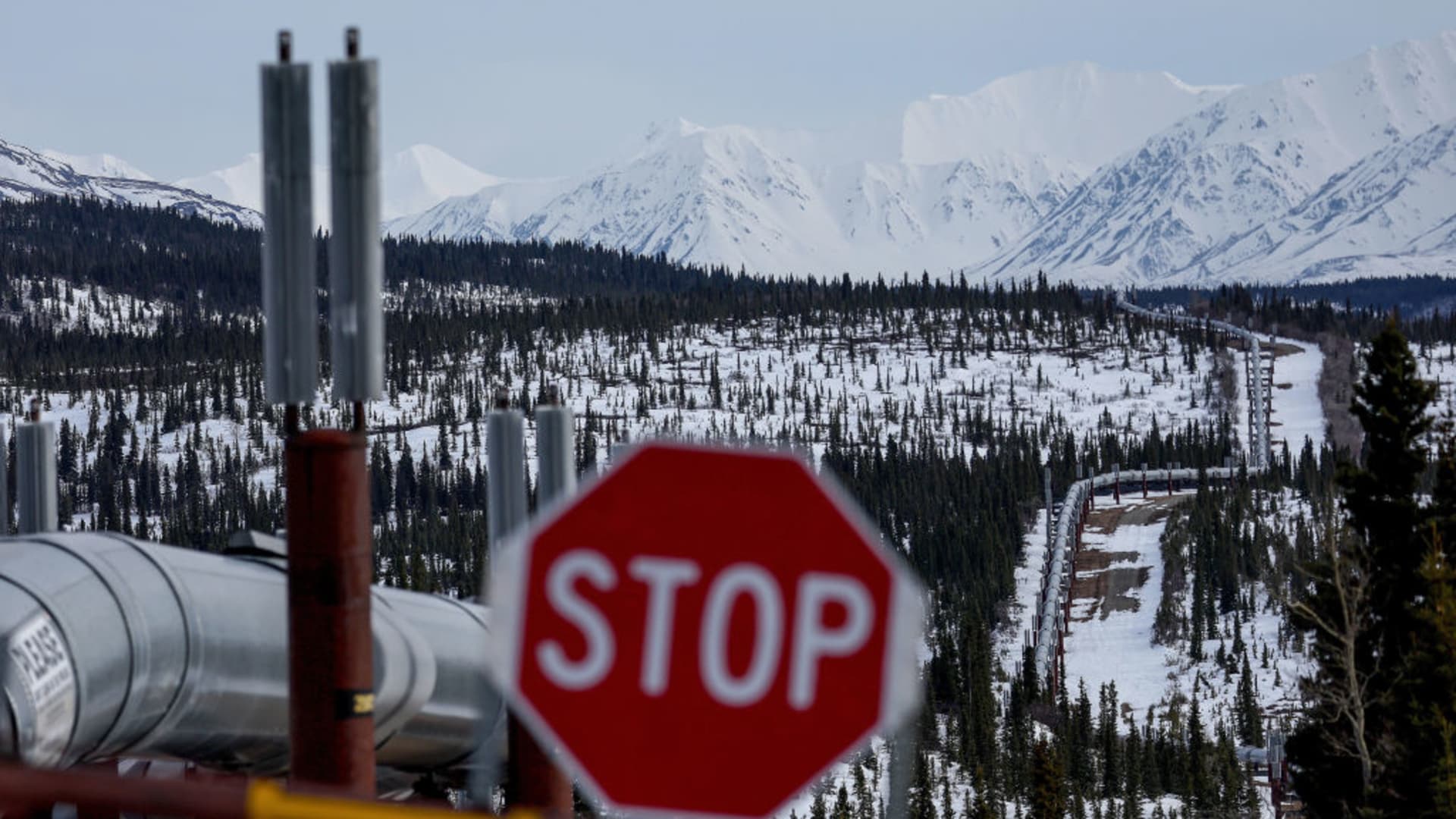Oil producer group OPEC on Thursday sharply criticized the IEA’s forecast that demand for fossil fuels like coal, oil and gas will peak before the end of the decade, describing such a narrative as “extremely risky,” “impractical” and “ideologically driven.”
The IEA, the world’s leading energy watchdog, said Tuesday that the world was now at the “beginning of the end” of the fossil fuel era.
In an op-ed published in the Financial Times, IEA Executive Director Fatih Birol said for the first time that demand for coal, oil and gas would all peak before 2030, with fossil fuel consumption then predicted to fall as climate policies take effect. His assessment is based off of the IEA’s World Energy Outlook, an influential report which is due out in October.
Birol hailed the forecast as a “historic turning point” but made clear that the projected declines would be “nowhere near enough” to put the world on a path to limiting global warming to 1.5 degrees Celsius above pre-industrial levels.
This temperature threshold is widely regarded as critical to avoid the worst impacts of the climate crisis. The burning of fossil fuels is the chief driver of the climate emergency.
OPEC, a multinational group of mainly Middle Eastern and African nations, published a statement Thursday to outline its objections to the IEA chief’s forecast.
“Such narratives only set the global energy system up to fail spectacularly. It would lead to energy chaos on a potentially unprecedented scale, with dire consequences for economies and billions of people across the world,” OPEC Secretary General Haitham al-Ghais said.
OPEC said that previous predictions of peak fossil fuel demand had failed to materialize. However, it added that the difference with these forecasts today, “and what makes such predictions so dangerous” was that they were often accompanied by calls to stop investing in new oil and gas projects.
The organization of oil-exporting countries has previously urged the IEA to be “very careful” about undermining industry investments.
The IEA’s Birol has said that he recognized some investment in oil and gas would be needed to account for declines at existing fields, but warned of the major climate and financial risks associated with new large scale fossil fuel projects.
“Cognizant of the challenge facing the world to eliminate energy poverty, meet rising energy demand, and ensure affordable energy while reducing emissions, OPEC does not dismiss any energy sources or technologies, and believes that all stakeholders should do the same and recognize short- and long-term energy realities,” OPEC’s al-Ghais said.
Fraught relationship
The relationship between OPEC and the IEA has been increasingly fraught in recent years, with Birol criticizing the pace at which the producers’ alliance increased its output rates, as it unwound the drastic production cuts it implemented in the wake of the Covid-19 pandemic.
OPEC and the IEA have also diverged in their approach to global decarbonization. The IEA has repeatedly said the pathway to net-zero emissions requires massive declines in the use of oil, gas and coal and warned in a landmark report in 2021 that there is no place for new fossil fuel projects if the world is to stave off the worst of what the climate crisis has in store.
The message from the world’s leading climate scientists in April last year was that a substantial reduction in fossil fuel use will be necessary to curb global heating.
Indeed, the U.N.’s Intergovernmental Panel on Climate Change said that current fossil fuel use was already more than the planet could handle and additional projects were destined to lock in even greater emissions with devastating consequences.
— CNBC’s Ruxandra Iordache contributed to this report.
